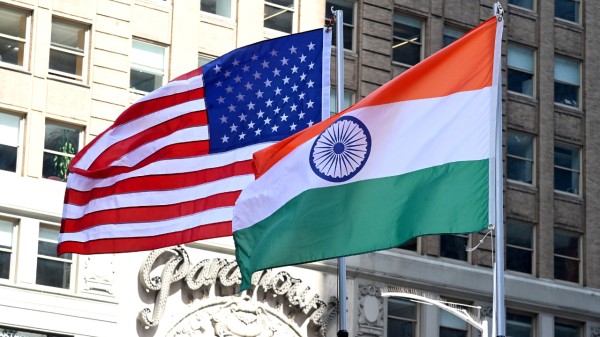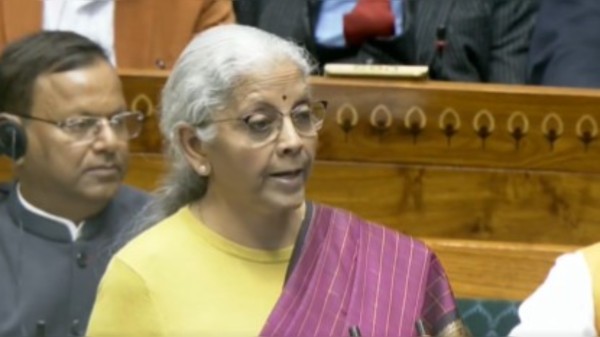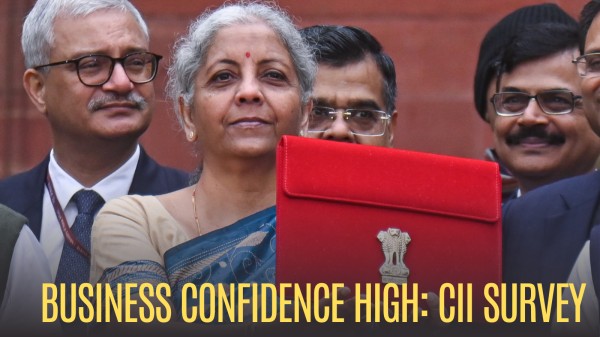

By signing in or creating an account, you agree with Associated Broadcasting Company's Terms & Conditions and Privacy Policy.


By signing in or creating an account, you agree with Associated Broadcasting Company's Terms & Conditions and Privacy Policy.

Kolkata: Insurance is one of the necessary instruments in modern life to shield an individual from unforeseen situations that can drain one of one's wealth completely. It is often regarded as an agreement between an individual and an insurance company. The individual who is insured against risks, is referred to as a policyholder. This is because he/she buys an insurance policy from the insurance company, also known as an insurer.
The policy is designed to protect the policyholder from financial loss and/or damage in case any unforeseen event/risk befalls the policyholder. It is important to note that an insurance company will compensate a policyholder for an event/damage only if it is covered under the policy for which he/she has paid. If such a loss is not mentioned, the company will not pay for it. Also an insurance policy is usually a long-term contract, and therefore, the policyholder has to keep it alive by paying premiums according to the schedule. No insurance company will pay any compensation for a lapsed policy -- a policy lapses if premiums are not paid according to the schedule ie, within the due date and the grace period.
The world of insurance is both wide and deep. There are many kinds of insurance plans available in India. Insurance policies can be divided into two broad groups -- Life Insurance and General Insurance. Let's have a look at them.
Life Insurance: This is quite easily the most popular category of insurance policies in India. As the name indicates, these policies cover the risk from death -- it insures life. Therefore, they financially protect your family members in case you expire during the pendency of the policy term. The point to note is that both the tenure of the policy, the amount of money that the survivors will get and the premium that the policyholder has to pay are all determined while the policy is purchased. The policyholder must make regular payments of the premium amount to the insurance company for a predetermined number of years. The guaranteed sum is called the sum assured. Most companies add a bonus to it which comes to a significant fraction of the sum assured. If the policyholder lives through the tenure, the amount that he/she is paid is also agreed upon while the policy is purchased.
Term Insurance: It's a basic plan that offers pure protection and where the premium is low. If the policyholder doesn't expire, no compensation is paid at all. However, "Term Plan with Return of Premium" are also available in the market where the premiums paid during the pendency of the policy is returned as a maturity benefit at the end of the term.
Endowment policies: It's a combination of insurance and investment. Even if the policyholder lives through, a pre-agreed amount is paid. Premiums are higher than term insurance policies.
Whole Life Insurance: Usually it provides coverage for the policyholder's entire life (often up to age 99/100 years). It also offers a savings component. A few of these plans also offer loan facilities designed to help the policyholder at times of crisis.
Guaranteed Life Insurance: It is a kind of life insurance that guarantees coverage irrespective of your health condition or age. It's also referred to as guaranteed issue or guaranteed acceptance life insurance.
Unit-Linked Insurance Plans (ULIPs): ULIPs are a combination of a mutual fund investment and life insurance policy. People often invest in these for long-term financial goals such as retirement or purchasing a house.
Child Education Plans: It is obvious from the name that these policies help the policyholder with money to foot the expenditure of higher education of a child. These policies are designed to meet the child's requirements in case the policyholder expires during the policy term. If the parent lives through the period, the child gets an assured amount as well as a bonus.
Retirement Plans: Also called pension plans, these help the policyholders receive a regular monthly pension for a predetermined period.
General insurance is a tool that offers protection against all sorts of losses other than life. These can be loss/damage to your car, house, valuables such as jewellery, travel and health. There are broad similarities between life and general insurance. In this case too, the policyholder pays a pre-determined premium throughout the policy term. This makes him/her entitled to receive benefits as agreed upon the plan. Unlike life insurance (endowment policies), these policies don't have any savings/investment component and the policyholder doesn't get any money if he/she does not suffer any financial damage. Some policies such as travel insurance are only for a limited duration -- the time period of travel -- and need only one-time payment. Other forms of policies such as health and motor insurance require premium payments every year.
The types of insurance policies that are most frequently bought in India pertain to health insurance, automobile insurance, travel insurance, marine insurance, home insurance, fire insurance, general insurance and term insurance. Let's have a look at their basic features and objectives.
Health Insurance: These policies are of great significance since these offer compensation for medical/hospitalisation expenses. They pay for pre and post-hospitalization charges, surgery, medications etc. Since healthcare costs are galloping, it is deemed as essential for any modern citizen.
Motor Insurance: In India it is a legal requirement to have an insurance (called a third party insurance) to drive a vehicle. It also offers coverage against damages to or theft of a vehicle. It also offers liability protection against road accidents. Motor insurance are of two types -- comprehensive and third-party motor insurance.
Home Insurance: These policies protect a policyholder's home and its items from incidents such as theft, natural disasters, fire etc. If the damage occurs within the term of the policy, an assessment of the damage is conducted and compensation paid.
Fire Insurance: These specifically provide protection against any fire. They typically cover the cost of repairing the property. Both homes and businesses can buy these policies.
Travel Insurance: If you are travelling, especially to a foreign country, it is always advisable to buy a travel insurance policy. It comes for a temporary period -- the period of the trip. It can offer coverage for unexpected travel (both domestic and/or international) such as cancellation of trip, medical emergencies, lost baggage etc.
Marine Insurance: If you are sending goods out of the country, you might need it. Marine insurance offers protection against damage to goods against damages during transport by sea, air, road and railways. There are 4 types of marine insurance available in the market.












